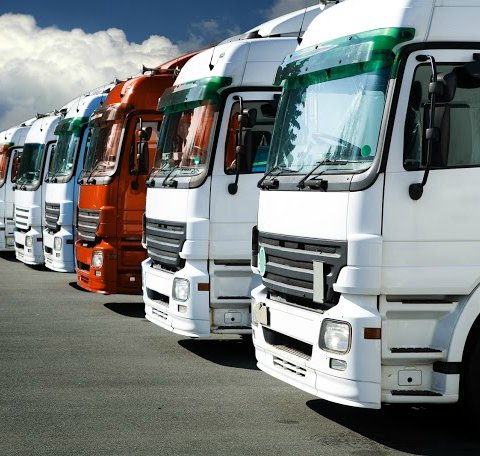Reliable Road Freight Services
As a leading provider of logistics services, we specialize in delivering efficient and reliable road transportation solutions to meet your needs across various destinations.
Services We Offer:
- Domestic Freight
- Cross-Border Freight
- Temperature-Controlled Transport
- Express and Same-Day Delivery
Domestic Transportation Whether you need to transport goods within a city, across state lines, or nationwide, our domestic road transportation services have you covered. Our extensive network of carriers and experienced drivers ensures timely and secure delivery of your cargo to its destination.
Whether you need to transport goods within a city, across state lines, or nationwide, our domestic road transportation services have you covered. Our extensive network of carriers and experienced drivers ensures timely and secure delivery of your cargo to its destination.
Cross-Border Transportation
Crossing borders can introduce complexities, but with our cross-border road transportation services, you can navigate international transportation seamlessly. We handle all necessary documentation and customs clearance procedures to ensure smooth passage of your goods across borders.
Less TruckLoad
Our LTL shipping services are designed for small to medium-sized shipments. We’ll handle everything from pickup to delivery, so you can focus on your business.
Full Truckload
For larger shipments, our FTL shipping services provide the same level of expertise and customer service as our LTL services.
Some cargo requires specialized handling due to size, weight, or other unique characteristics.
Reefer Shipping
If you need to transport perishable goods, our reefer shipping services are designed to keep your products at the right temperature and humidity levels.
Oversized and Heavy-Lift Shipping
We specialize in transporting oversized and heavy-lift cargo, including construction equipment and machinery.
Ready to streamline your transportation operations with reliable road freight solutions? Contact us today to discuss your requirements and receive a customized quote. We look forward to serving you and helping you achieve your transportation goals.


